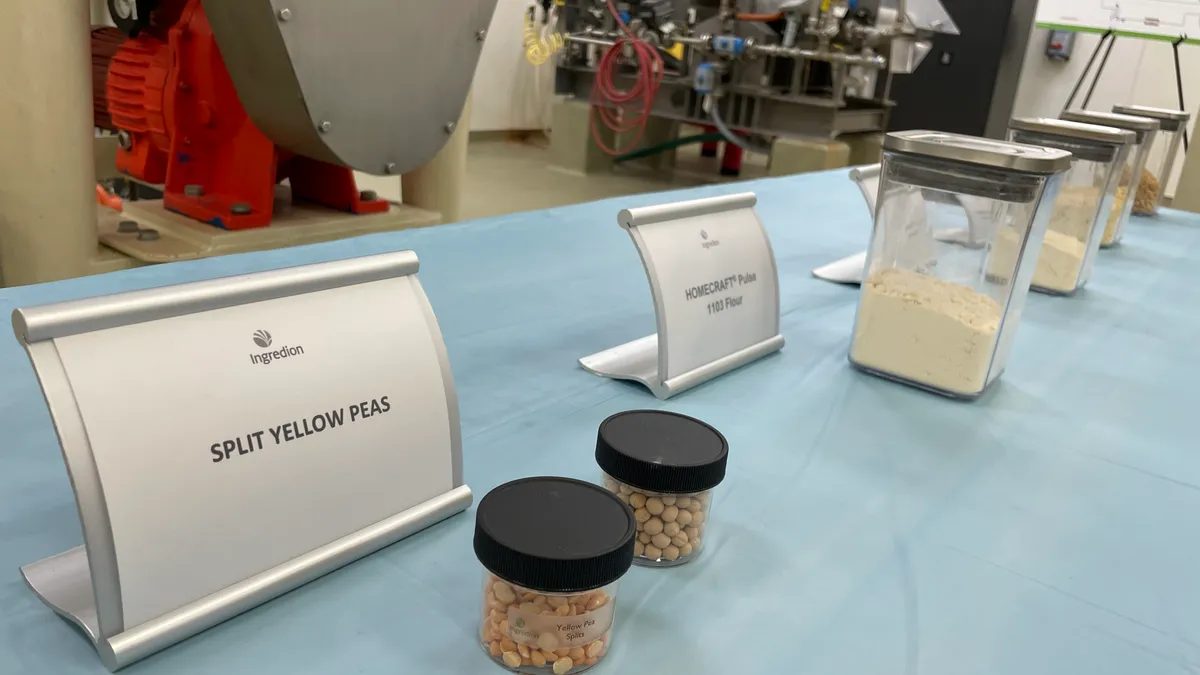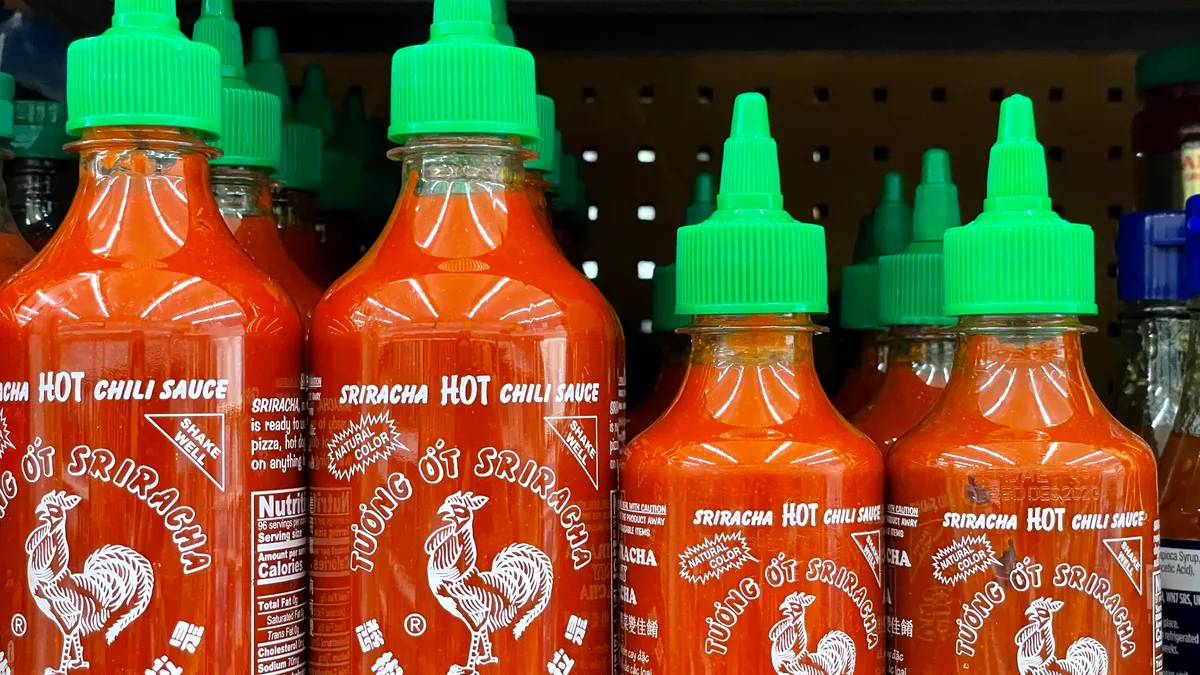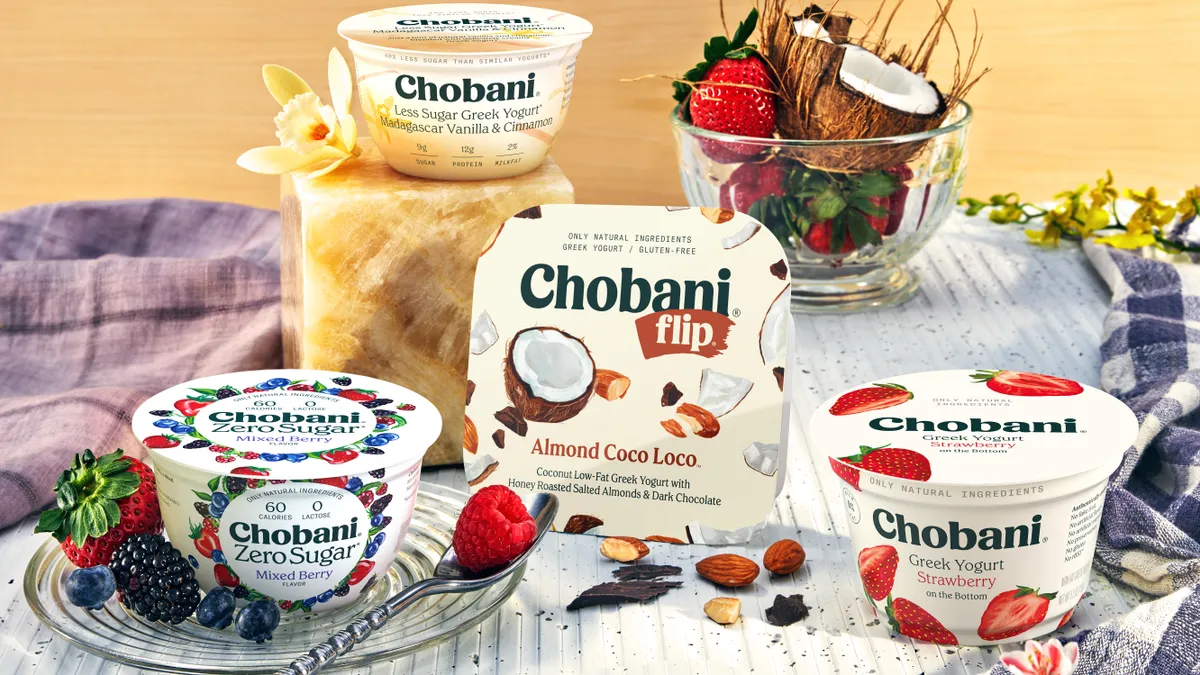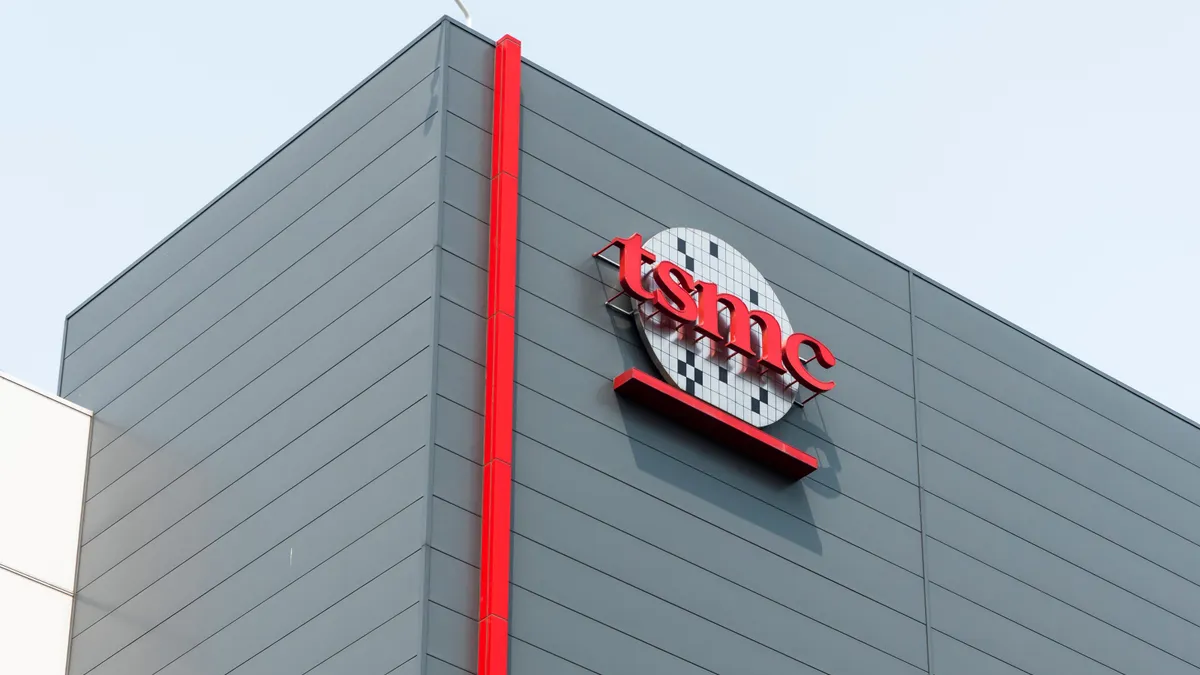Ingredion’s extensive portfolio of ingredients targeted toward everyday consumer staple products and trendy categories better position the company to withstand a downturn — even if the U.S. enters into a recession, CEO Jim Zallie said in an interview.
Once positioned largely as a specialty starch and sweetener supplier, Ingredion has transformed its portfolio to include more than 1,300 ingredients, covering texturizers, plant-based proteins, clean and simple ingredients, and specialty sweeteners for sugar reduction. This portfolio, Zallie said, better reflects the demands of CPG companies and consumers that buy its products.
Our portfolio “typically performs well during periods of recession, as well as periods of economic growth. So that's been our history,” Zallie said in an interview at the annual Consumer Analyst Group of New York conference. “That's what we think will serve us well going forward in these uncertain times, and with the potential for a recession in certain geographies.”

Its ingredients are sold around the globe in 120 countries to more than 18,000 customers, including restaurants, private label food makers and large CPG companies making everything from chips and pudding to ice cream, plant-based burgers and candy.
The diversification of Ingredion’s offerings, the countries where they are sold, the products they are used in and the companies that buy them helps smooth out the volatility that could otherwise severely disrupt its business if one or more of those fell on hard times.
Ingredion’s portfolio is divided into two segments. One includes core offerings such as corn starch and glucose syrups for batter-fried foods and frozen desserts. Sales of these and other types of consumer staples tend to hold up well during tough economic times.
The other part of the portfolio, the specialty segment, supplies ingredients such as plant proteins for dairy alternatives or stevia for sugar reduction. These ingredients are aligned to consumer trends, including health and wellness or concerns about the environment.
“There are pockets of growth across both our core and specialty ingredients that have really shown during the uncertainties of last year, that have done very well,” Zallie said.
Specialty, which is growing three times as fast as Ingredion’s core business and is more profitable, made up 34% of Ingredion’s $8 billion in revenue in 2022, compared to 31% three years ago.

Ingredion’s recent success is built in large part on decisions the Illinois-based company made when the economy reopened in 2021 after the height of the pandemic. This unleashed what Zallie called “a bullwhip effect of a very strong demand” that depleted inventories for many products.
The onslaught forced Ingredion to quickly reassess to whom it supplied products, and which ingredients it could realistically and reliably deliver without damaging its credibility with buyers.
Soon the company was prioritizing relationships with companies whose product lines and brands most closely aligned with ingredients found in its portfolio. More than 70% of all new product launches last year contained the kinds of ingredients and categories Ingredion is involved in.
While Ingredion turned down some business, it more than made up for it through greater efficiencies in its own operations, increased margins and higher profits through the sale of its most lucrative ingredients.
It's a strategy that remains in place despite recent improvements in the supply chain, and it’s a big reason why gross margins at Ingredion have increased recently, despite significant price hikes put in place to offset inflation.
“Customer centricity is one of our growth enablers that we emphasize. But you can't be all things to all people,” Zallie said. “We've been able to grow more strategically, where we want to grow and with whom we want to grow. We believe we're positioned much better going forward.”
In addition to textures and the sugar reduction and specialty sweetener category, a large part of Ingredion’s future growth lies in the $10 billion alternative protein market used in plant-based foods and beverages. It is expanding at a compound annual growth rate of between 6% and 8%, according to internally compiled statistics Ingredion shared in its CAGNY presentation.
The plant-based meat sector has seen its once-torrid growth quickly slow down. Some companies have exited the sector altogether, while others have cut jobs or the development of new products.
Ingredion has chosen to further develop its customer pipeline in the category during this time. The company has expanded its plant-based protein portfolio, which Zallie said includes a “diversified toolbox” of pulse protein flours, concentrates and isolates. These allow Ingredion to provide customers with options to create the necessary taste, texture and nutritional value for plant-based items.
Zallie still sees plant-based foods and beverages as a long-term fixture as people look to reduce their animal protein consumption and take a greater interest in improving their environmental footprint.
“It's early innings for this category because, like any new emerging long-term trend, it goes through periods of oversaturation with consumers getting confused with so many products on the shelf, and there needs to be a winnowing of the winners and the losers,” he said. “Our conviction is as strong as it was. There'll be some bumps in the road, but long term we believe that it's a growth opportunity for us.”





















